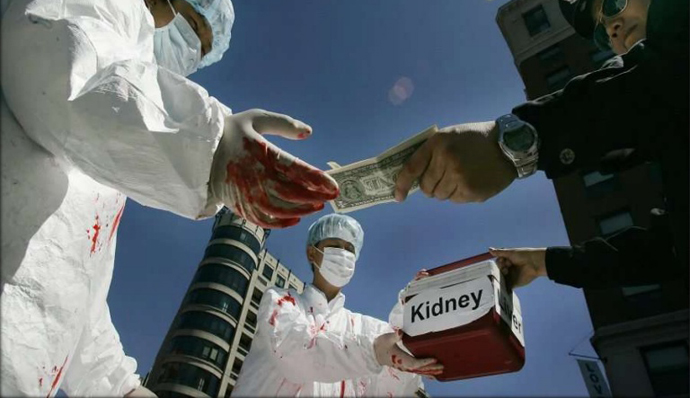While we bid farewell to half of the year, fear could shatter world economies. There have been wide spread speculations that the Greek crisis and China’s slowdown will not only affect local economies but will have global economic outcomes as well.
At the outset, the Greek government had to opt for extreme measures to protect its financial system after the European Central Bank froze its emergency funds for the country. Greek banks and stock have been closed on Monday and for the rest of the week until 7 July as recommended by the Greek central bank. Greek Prime Minister, Alexis Tsipras, stated that the measures were necessary since the Euro-group & the European Central Bank (ECB) had attempted “to stifle the will of the Greek people.” He also said that all bank deposits of the Greeks would be “completely safe” and urged Greeks to show “patience and composure”. However, Greek savers have queued to withdraw their cash from banks. As fear spread among citizens, Cash machines ran dry. In order to dodge a financial collapse, the government decided to close banks temporarily; place restrictions on withdrawal and transfer of cash and impose capital controls. It is reported that the banks would remain shut until after the referendum on 5 July and that withdrawals from cash machines would be limited to €60.
Escalation of the Greek crisis and even China’s slowdown have driven Global markets to drop abruptly after opening last Monday. The first market reaction to Greece’s decision to close banks and impose capital controls was seen in Asia when shares opened lower last Monday.
According to BBC, Japan’s Nikkei 225 index opened 1.81% lower at 20,331.57 in mid-morning trade. South Korean shares continued to fall after weeks of losses, with the benchmark Kospi down 1.55% at 2,057.92. While in Australia, the benchmark S&P/ASX 200 was down 1.85% at 5,444.40 points. In Shanghai, index dropped 1.66% at 4,118.30 points in mid-morning trade while in Hong Kong the Hang Seng index was down 1.73% at 26,206.84. In China, the main benchmark index was up almost 1% before falling dramatically.
China’s stock plunged with Central Bank’s decision to cut interest rates and assurances from the securities regulator that risks are calculated. “Panic Selling” as Zhang Gang, a Chinese strategist at the Central China Securities strategist in Shanghai, puts it, will likely continue. David Cui, head of China equity strategy at Bank of America Corp., said in a report issued on 28 June, “We expect the cuts to temporarily halt a possible crash in the market — had the government not acted, a stampede might soon develop as margin calls force leveraged positions to unwind.”
However, China’s comparison to Greece may not be fair enough. Amid market plunge, Chinese policy makers are currently embarking on painful economic reforms in order to stabilize the Chinese economy whereas Greece still hopes for a bailout money and debt relief. It is worth noting that China will grow by four Greece’s in 2015.
What about Europe? Well, Europeans believe they have a resilient economy and will be able to endure the outcomes of the Greek debt crisis. Erik Nielsen, chief economist at Uni-Credit, said: “I know that the safe bet is to predict disaster when you think through an unprecedented event, but I truly struggle to see why a Greek disaster should have more than limited and temporary effects on the rest of Europe.”
As for Americans, they cannot withdraw their bonds. More than $5 billion was withdrawn from US equity ETFs last week. Investors have been trying hard to raise and save cash at such hard times. S&P 500 earnings only increased at 2.1%, the least increase since the bull market began. There is no much optimism that stock will return as they once were before.
A bouncy health and beauty market has granted Superdrug and Savers, one of the largest retail businesses in the UK owned by AS Watson, a huge hike in profits. The company’s sales jumped 7pc to £1.6bn while pre-tax profits increased from £44.7m to £64.4m. As a result, the company will expand more in the UK. AS Watson said “When new and relevant opportunities are available, the group will seek to expand its store base and its multichannel offering, driving brand awareness and working with suppliers on attractive pricing and promotions, supported by innovative products and launches.” Although the market has become more competitive, the company seems to be confident that its brand will continue to attract British shoppers.














